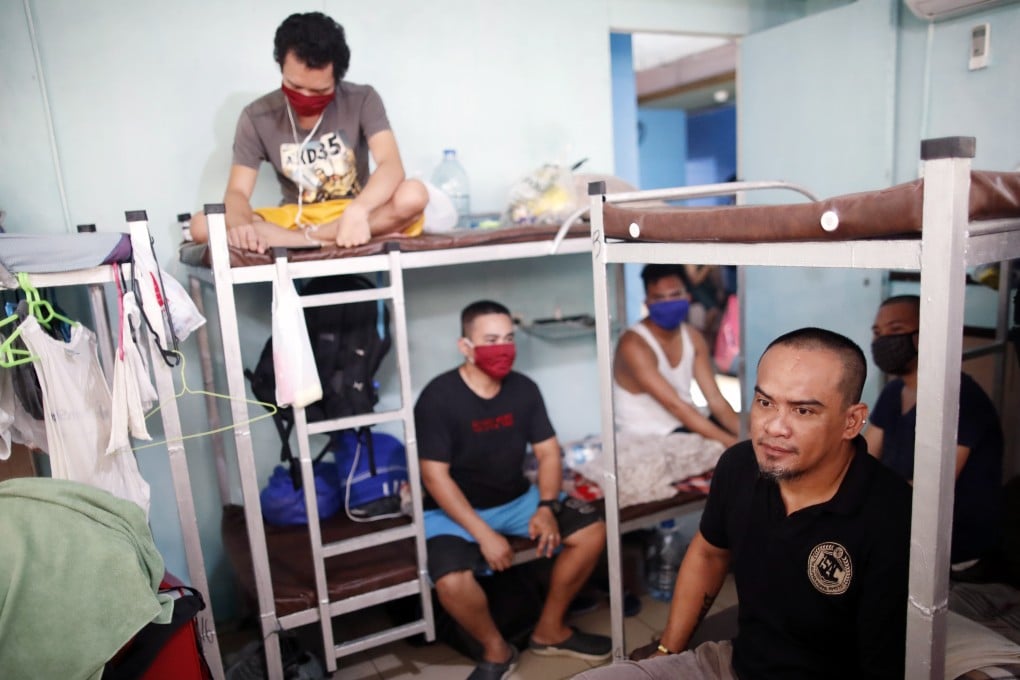Advertisement
Letters | What Suez Canal crisis should tell the world about seafarers
- Global shipping crisis threw a spotlight on the rarely told story of the hardships and poor conditions endured by seafarers, at least a quarter of them from the Philippines
- As the Covid-19 story focuses on professionals and whether they will return to offices, it must be remembered that some never even left since the pandemic began
Reading Time:2 minutes
Why you can trust SCMP

Globalisation is frequently conceived of as a compression of time and space. As Thomas Friedman would say, “the world is flat”.
Information can be shared at a greater bandwidth and speed than ever before. Products can be delivered to our doors in as little time as 15 minutes through convenience apps. Time is, therefore, negligible. Space, as we know it, is optional. Work and education can be done remotely. The rising population of “digital nomads” takes this sentiment to its full potential – adopting a paradisaical change of scene because they can. They are the lucky few whose livelihood doesn’t depend on having a geographical base.
The blocking of the Suez Canal has captured so much attention because it breaks the illusion that globalisation has somehow overcome time and space constraints. When an eighth of global maritime trade is halted because of a single vessel blocking a vital waterway, it reveals how world trade is still very much grounded in a physical transport network that, for one thing, takes up space.
The scale of the shipping industry is only possible because workers from the global south deliver the conveniences enjoyed by the rest of the world. While Hong Kong often associates Filipino workers with domestic help, what is less known is that more than one-quarter of all seafarers are from the Philippines.
Advertisement
Dangerous working conditions with limited legal protection, questionable wage practices, and being at sea for over a year with no compensation for overtime point to the hardships of these workers. Seafarers have been lauded as another class of “essential workers”, now often serving beyond their contracted time with port access denied on the basis of Covid-19 health concerns. Overall, coverage on how the Suez Canal incident is connected to workers is underdeveloped: as this tweet points out:
Too much of the Covid-19 story has been told through the lens of professionals and whether they will return to offices. Some workers have never even left their workplace since the start of the pandemic.
Advertisement
Advertisement
Select Voice
Select Speed
1.00x
